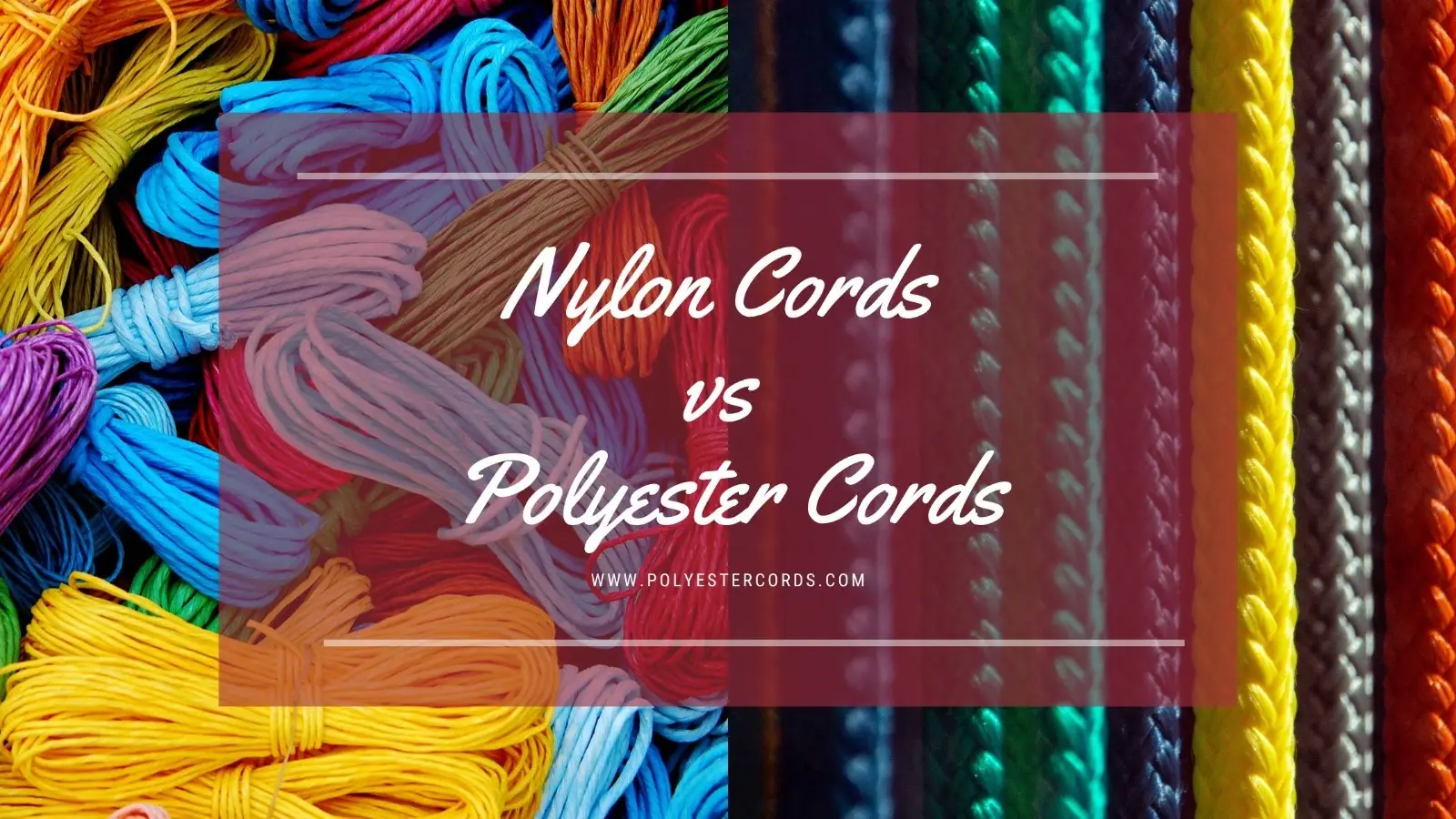When it comes to industrial applications, choosing the right type of cord is more than just a technical decision—it’s a choice that directly affects safety, efficiency, and long-term performance. Two of the most widely used materials in industrial cord manufacturing are nylon and polyester. While both are synthetic fibers known for their strength and durability, they perform differently in specific environments.
In this article, we’ll explore the qualities of nylon cords and polyester cords, helping you determine which is more suitable for your industrial needs.
What Makes Nylon Cords Stand Out?
Nylon cords are known for their strength and flexibility. One of their most defining characteristics is elasticity, making them ideal for environments where shock absorption is necessary. These cords can stretch under pressure and return to their original length without breaking, which is particularly useful in dynamic load situations.
Industries that involve lifting, towing, or impact-heavy operations often rely on nylon because of its resilience. However, nylon tends to absorb moisture and may lose some of its strength when exposed to water for prolonged periods. It’s also more susceptible to degradation under direct sunlight unless UV-treated.
Why Polyester Cords Are a Top Industrial Choice
Polyester cords offer stability, weather resistance, and low stretch—qualities that make them perfect for outdoor, marine, and electrical applications. Unlike nylon, polyester doesn’t absorb water and retains its strength even when wet. It’s also highly resistant to UV rays and chemical exposure, ensuring long-lasting performance in harsh environments.
These cords are widely used in cable pulling, rigging, and outdoor gear due to their durability and minimal elongation. Although polyester cords don’t offer the same level of elasticity as nylon, they are more reliable in conditions where maintaining tension and shape is critical.
Choosing the Right Cord for Your Application
The better choice between nylon and polyester cords depends entirely on the nature of your work. If your operations involve frequent movement, sudden loads, or high abrasion, nylon cords are a smart option. If you need a stable, weather-resistant solution for outdoor or wet environments, polyester cords are often the preferred material.
Our Recommendation
At Shree Anand and Balaji Co., we manufacture both nylon and polyester cords tailored to meet the specific demands of industrial users. Whether you need flexibility, durability, weather resistance, or low stretch, we offer solutions designed for long-term performance and reliability.
Final Thoughts
Both nylon and polyester cords have their strengths. Understanding their differences helps you make a smarter, safer, and more cost-effective choice. Need help deciding what suits your application best? Our experts are just a call away.
Frequently Asked Questions (FAQs)
Q1. Which is stronger – nylon or polyester cords?
A: Both materials are strong, but nylon cords generally have a higher tensile strength and better elasticity, making them ideal for dynamic loads. Polyester cords, on the other hand, maintain strength better when exposed to moisture, sunlight, or chemicals.
Q2. Do nylon cords absorb water?
A: Yes, nylon cords can absorb moisture, which may slightly reduce their strength and performance in wet environments. For applications involving water or humidity, polyester cords are a better option.
Q3. Which cord is more UV-resistant?
A: Polyester cords have excellent UV resistance and retain their strength under prolonged sunlight exposure, making them more suitable for outdoor use compared to nylon cords.
Q4. Can I use nylon cords for marine applications?
A: While nylon is strong, it absorbs water and may weaken over time in marine environments. Polyester cords are typically preferred for marine and outdoor applications because of their resistance to water and UV rays.
Q5. What is the difference between braided cords and rip cords?
A: Braided cords are woven cords that offer flexibility and strength—commonly used in outdoor, sports, and marine settings. Ripcords are thinner, durable cords often used in the cable industry to help strip cable jackets during manufacturing or installation.



